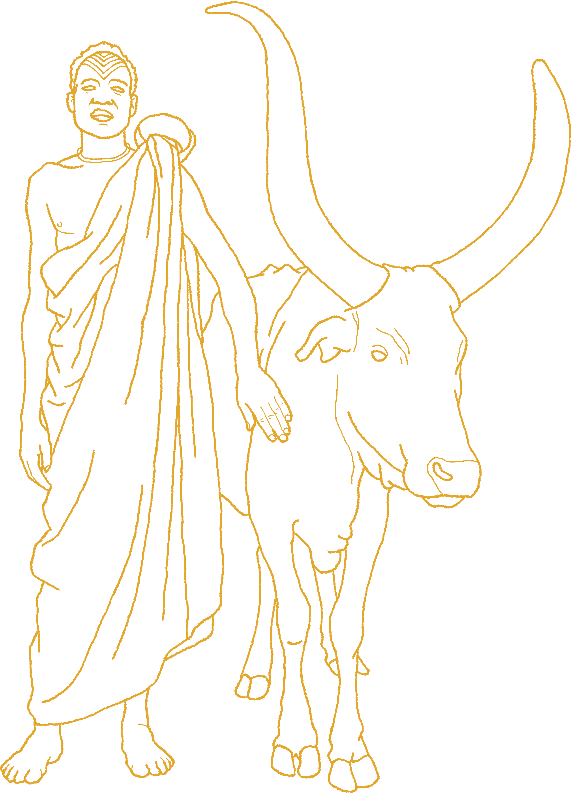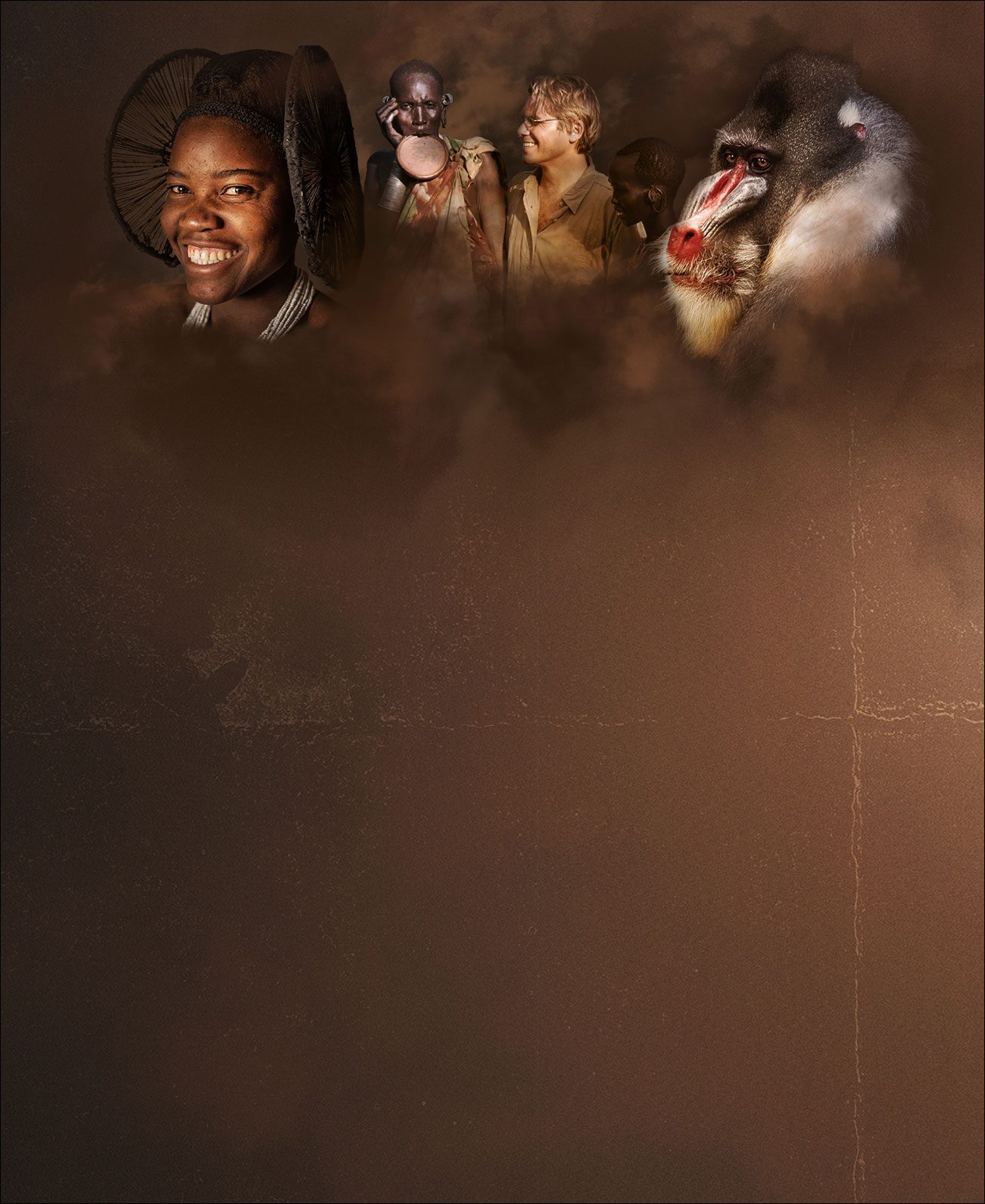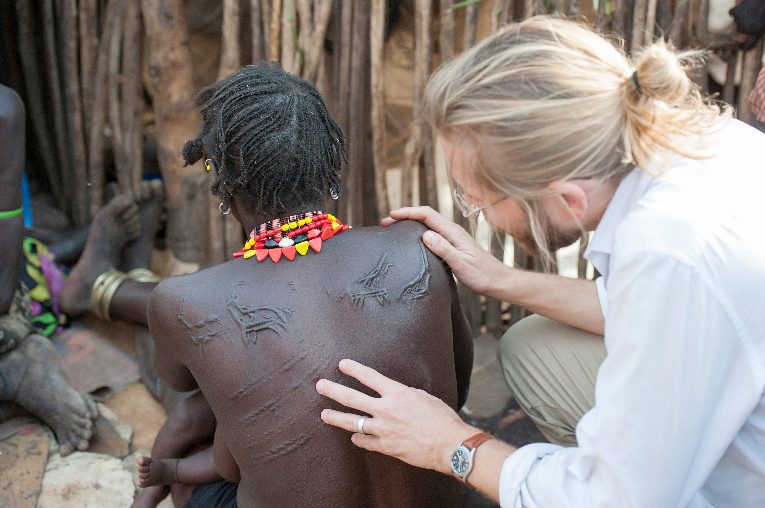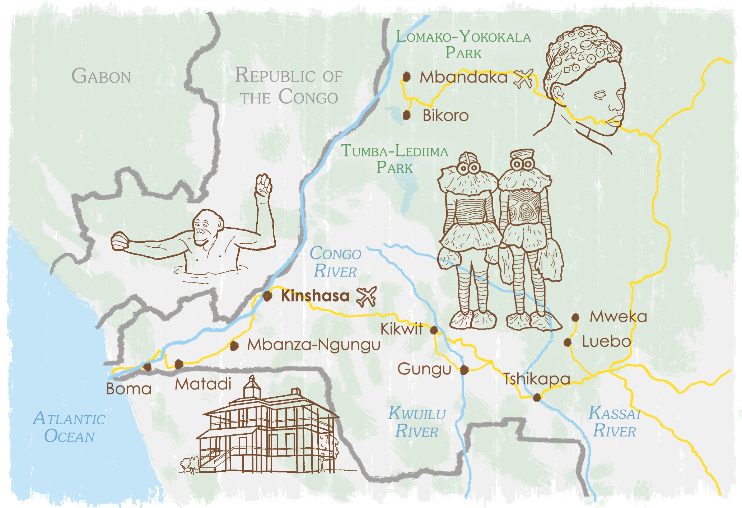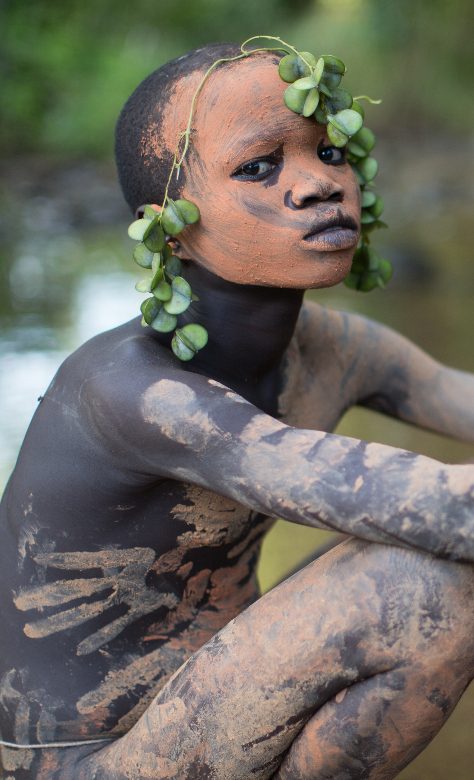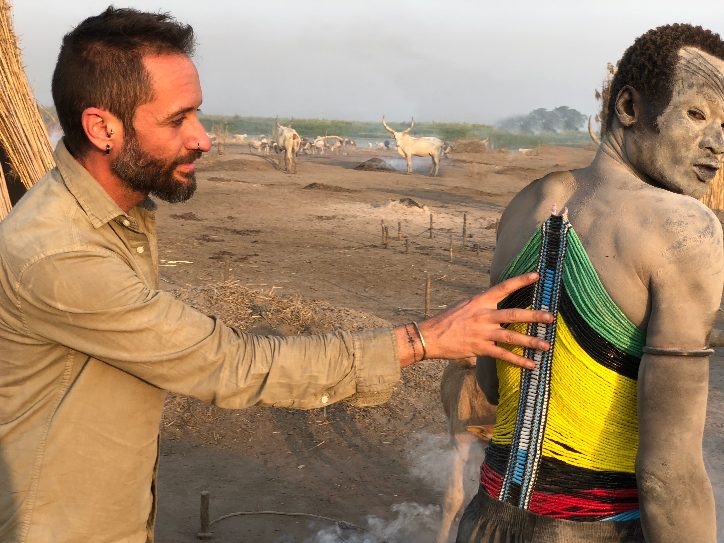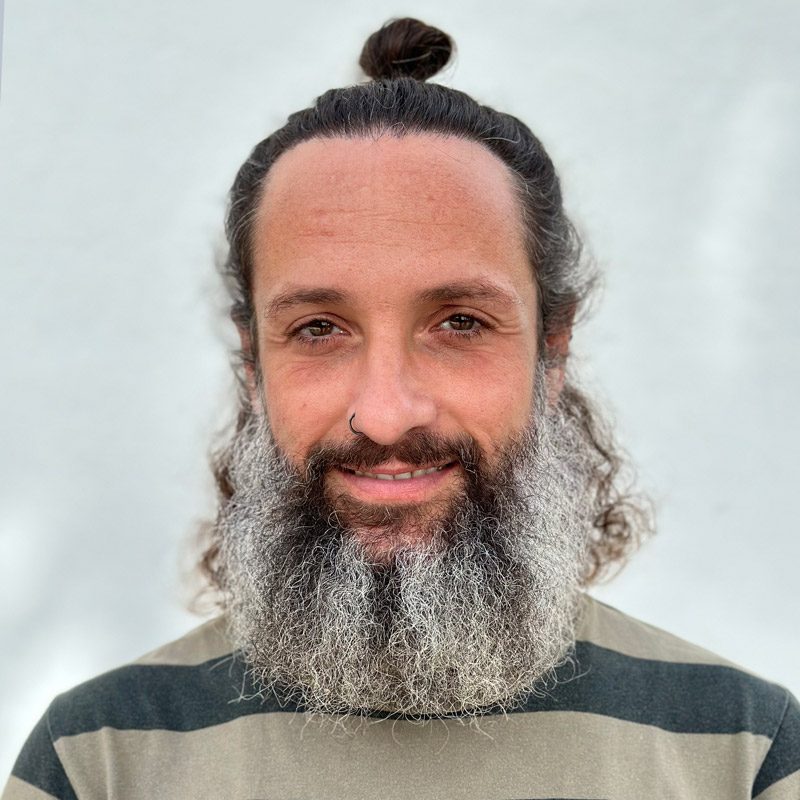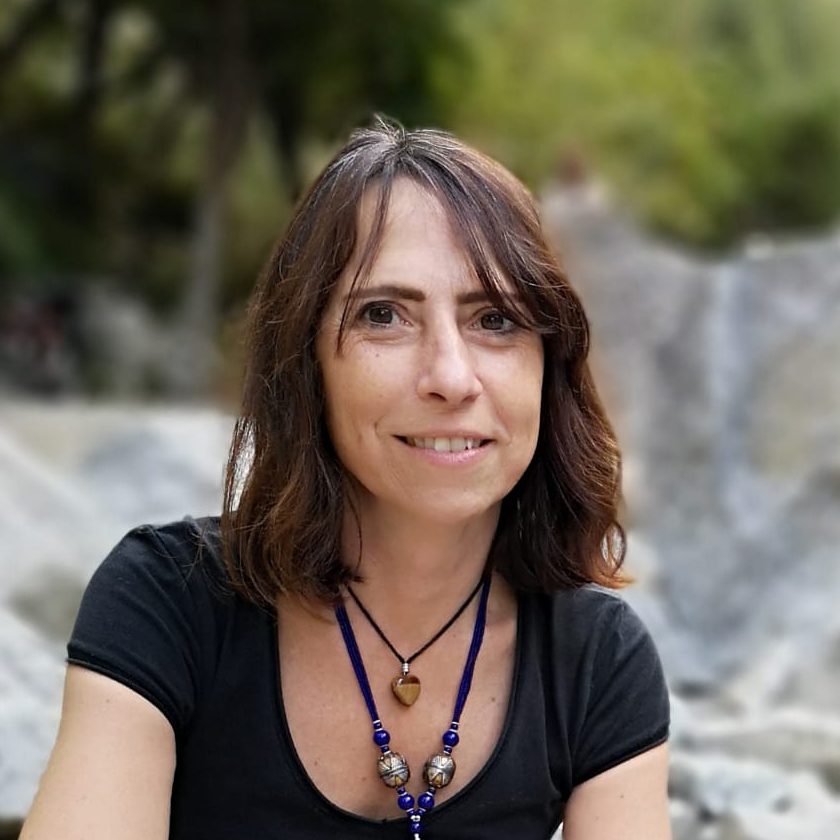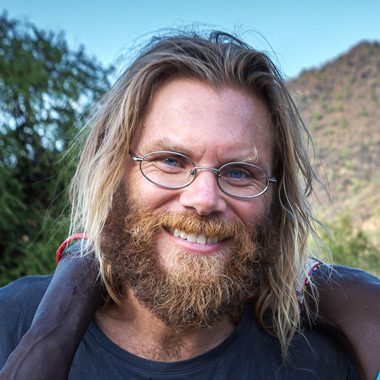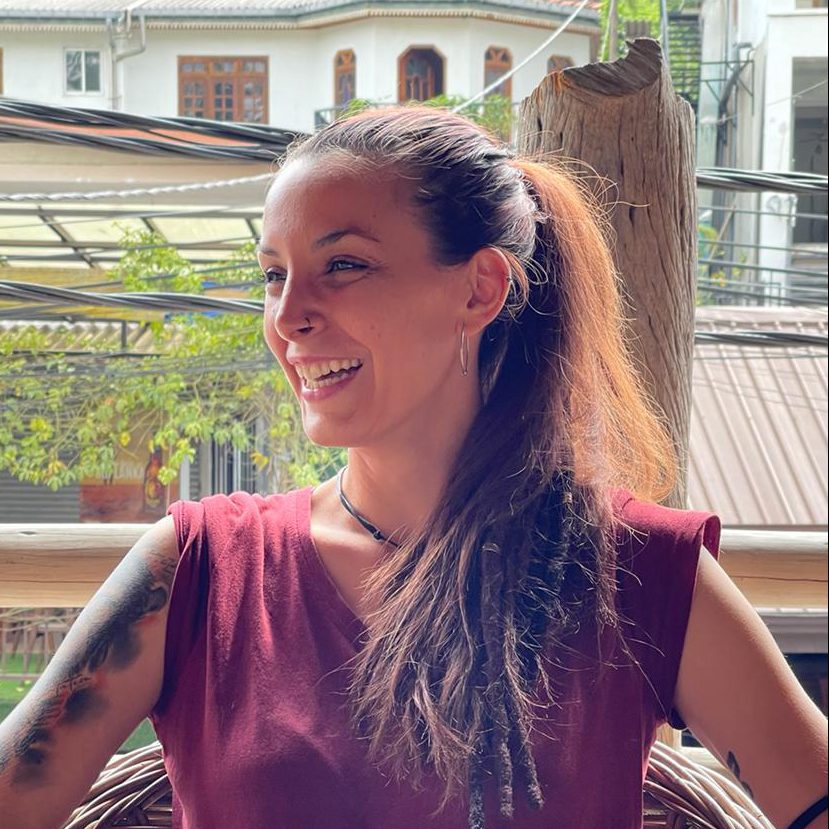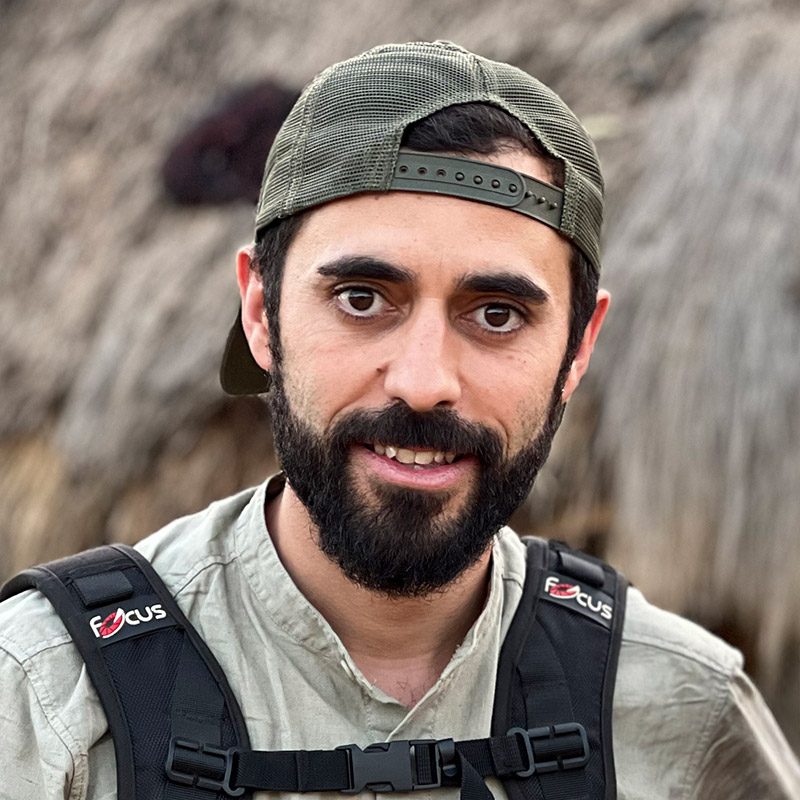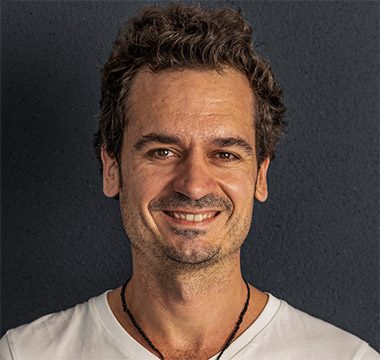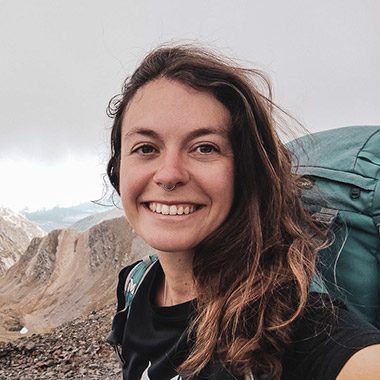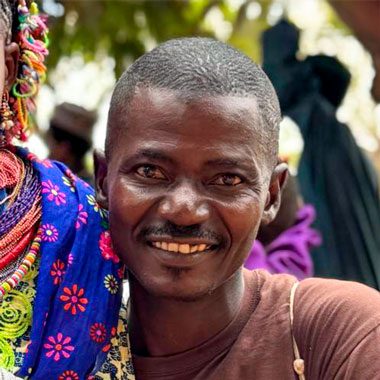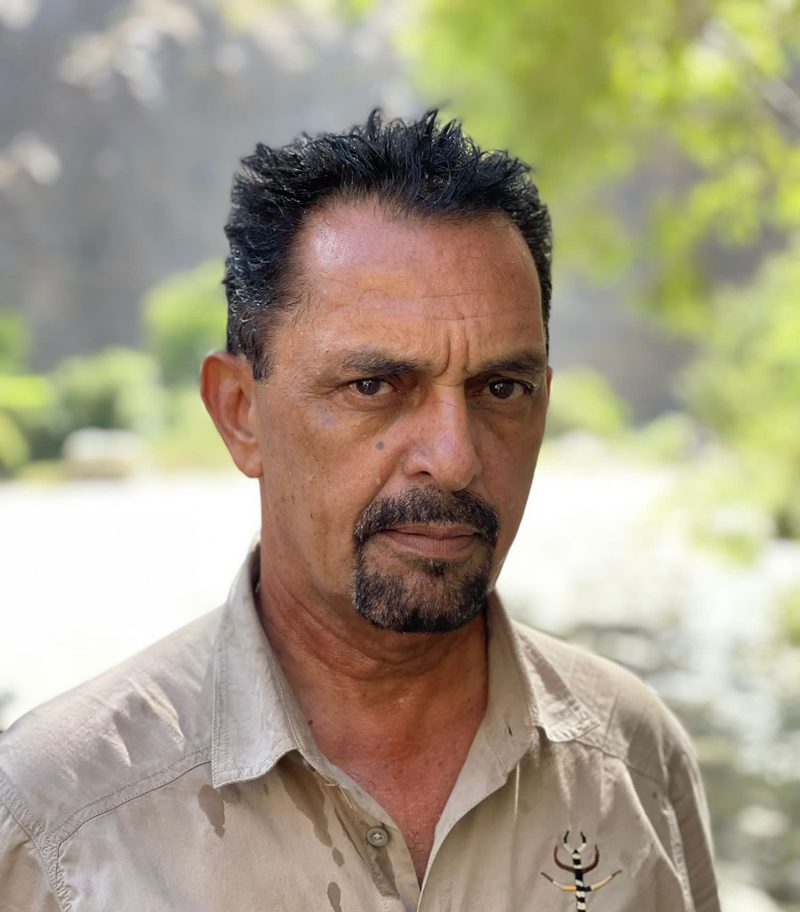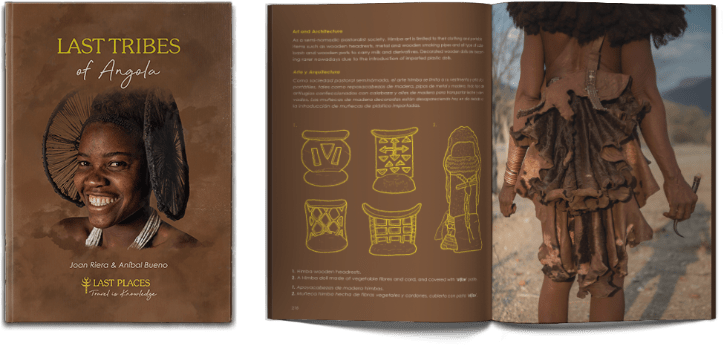Filosofía
La pasión por el conocimiento nos mueve hasta los lugares más remotos
El turismo responsable, la colaboración y la divulgación son nuestras herramientas prácticas para intentar preservar la diversidad cultural y empoderar a los últimos grupos étnicos con cosmovisión propia.
Last Places es el fruto de 25 años de convivencia con los últimos grupos étnicos tradicionales del mundo. Observar, respetar, intuir e incluso llegar a entender a estas sociedades nos ha hecho alcanzar la conclusión de que la desaparición de las mismas sería una derrota para toda la humanidad.
En un mundo globalizado, cada vez son menos las regiones libres del desvanecimiento de su forma de vida tradicional. En Last Places usamos el turismo responsable, los proyectos de colaboración y la divulgación como medios para intentar preservar la diversidad cultural, recuperar el orgullo identitario y empoderar a los últimos grupos culturales con cosmovisión propia; con formas únicas de relacionarse con el medio que los rodea, de embellecer sus cuerpos y de interpretar el mundo.
En nuestras visitas a estas sociedades tribales recomendamos seguir una serie de protocolos y pautas de conducta con el objetivo que la interacción genere el mayor impacto posivitivo posible en las personas y el entorno.
